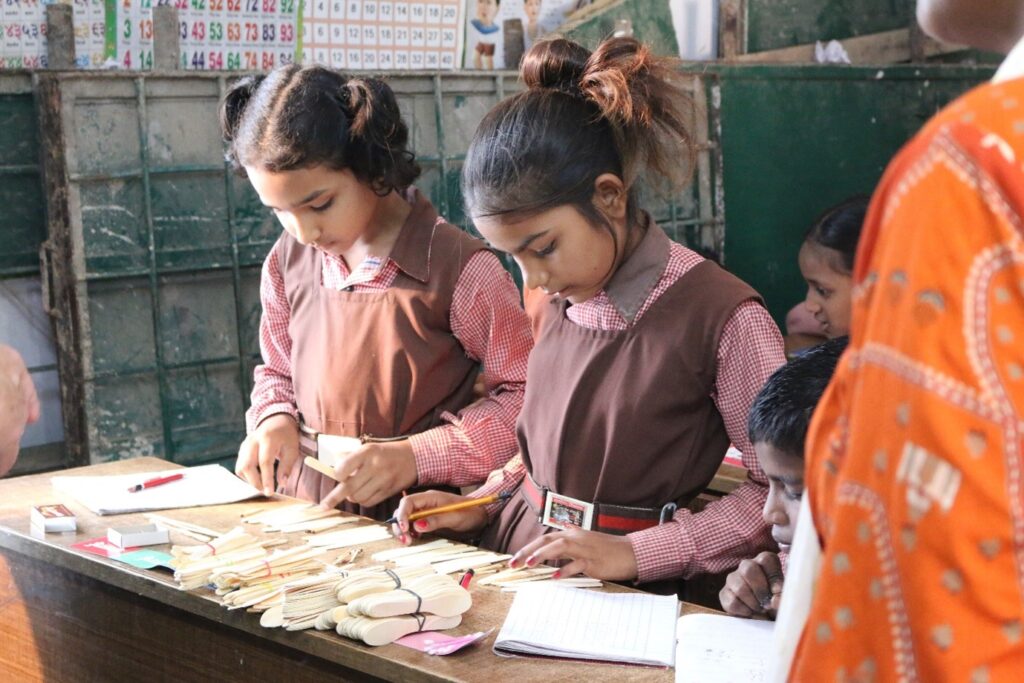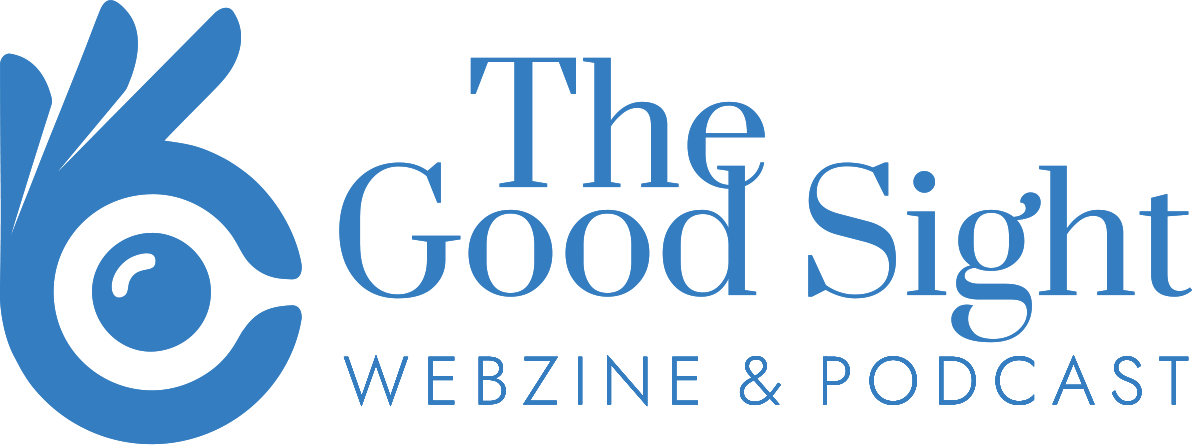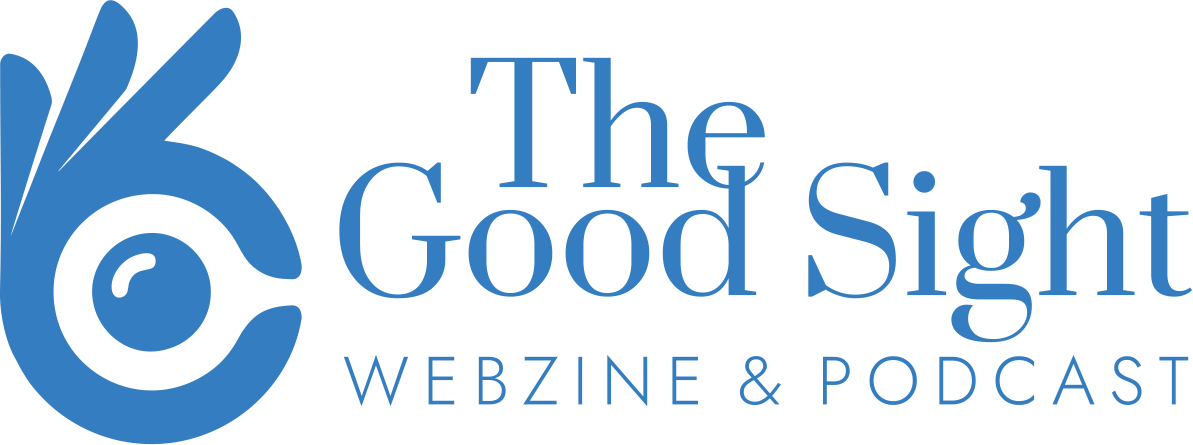ALfA Pedagogy offers compelling benefits, fostering curiosity, inquiry-based learning, and emotional intelligence, enhancing interpersonal relationships and nurturing young minds effectively
In a traditional classroom the omnipresent chalk and blackboard were essential tools, with teachers, a central figure, commanding respect and authority, imparting knowledge. In this setting, more than often students and teachers engaged in one way communication. Information was pushed and was expected to be learnt by heart to be in teachers’ good books. This method may have its merits but the results are glaring. More than 50% of primary students did not develop basic reading and numeracy skills.
Breaking Free of the Traditional Ways
Learning comes with courage and only now have we mustered the strength to do away with the old and embrace the new. Prominent educationists did illuminate the path as a new pedagogy was devised that catered to 21st century learning needs, called ALfA-Accelerated Learning for All.
Maria Montessori ideology of child-centered learning and hands-on experiences resonates deeply with this new transformative pedagogy. Her ideas of self-directed education and the importance of the prepared environment have influenced ALfA’s commitment in shaping learning experiences and to fostering independent and holistic learning.
Teacher is now a facilitator while learners have become researchers. Rote learning, that was embedded in extrinsic learning, has given way to intrinsic learning. The ALfA method ensures that learners of various backgrounds and abilities progress at an optimal pace. Ultimately promoting equal axis to quality education.

Gone are the days of memorisation over understanding. Today students have the toolkit and resources under ALfA to empower them to learn real world skills and present their views on a given topic. Identifying additional learning opportunity beyond the four walls helps student to engage meaningfully in real life. The integration of real-world contexts aligns seamlessly with Dewey’s educational philosophy, enriching the ALfA approach.
Furthermore, Lev Vygotsky’s sociocultural theory has left an indelible mark on ALfA Pedagogy, emphasizing the significance of social interaction and collaborative learning. This influence is evident with Flexible Pairing which creates conducive learning environment where even the passive learners are seen engaged.
Group activities and peer-to-peer engagement act as catalysts for cognitive development. Paired learning is not restricted to a few activities rather it is a foundation of ALfA pedagogy which enables students to collaborate to know their hidden potentials and further strengthen their skills. There is a consistent growth and progress observed in all students.
With time students exhibit analytical skills as they have been framing a variety of questions for each other. Students also demonstrate creativity in all their work. Hence, ALfA can be understood as an educational paradigm that empowers learners and transcends traditional boundaries, fostering a dynamic and engaging learning environment.
Teachers becoming a facilitator and students working in pair sounds wonderful in theory but with class strength of nearly 50 students with each student having different learning style, renders the task herculean. Multiple training and demonstration sessions were held for teachers along with parent orientation. They had to unlearn and relearn the new pedagogy in order to help students. Significant transformation and transition processes were kept in place to constantly guide in the right direction.
The shift aimed not only to enhance child-centric learning but also to instill a sense of ownership in students regarding their education. The strategic focus on ALfA underscored the importance of developing 4C skills and traits – critical thinking, communication, collaboration, and creativity.

Students Taking Ownership of their Own Learning
Teachers did grapple with finding the right balance between guiding students and allowing them to take ownership of their learning. Overcoming the instinct to intervene excessively during the learning process posed a notable challenge. The ongoing support enabled educators to develop the confidence needed to successfully implement ALfA strategies in the classroom. Further, addressing the diverse needs and learning styles of each child within the ALfA framework required creative solutions to maintain a high level of involvement. The challenges faced by both teachers and parents were met with targeted solutions, emphasizing training, ongoing support, and transparent communication.
Weekly surprise assessment provides students with the opportunity to reflect and rectify. Teachers are able to timely intervene to provide the support required for learning to take place. Constant feedback through MCQ, Signals help both teachers and students to track their progress. As a result, the report card is not mere reflection of a student’s power of memory but road map of his educational endeavour.
From inquiry-based learning, fostering a sense of curiosity and a proactive approach to seeking knowledge, to Emotional intelligence, promoting better interpersonal relationships. ALfA Pedagogy offers several key benefits that make it a compelling choice for nurturing young minds.



